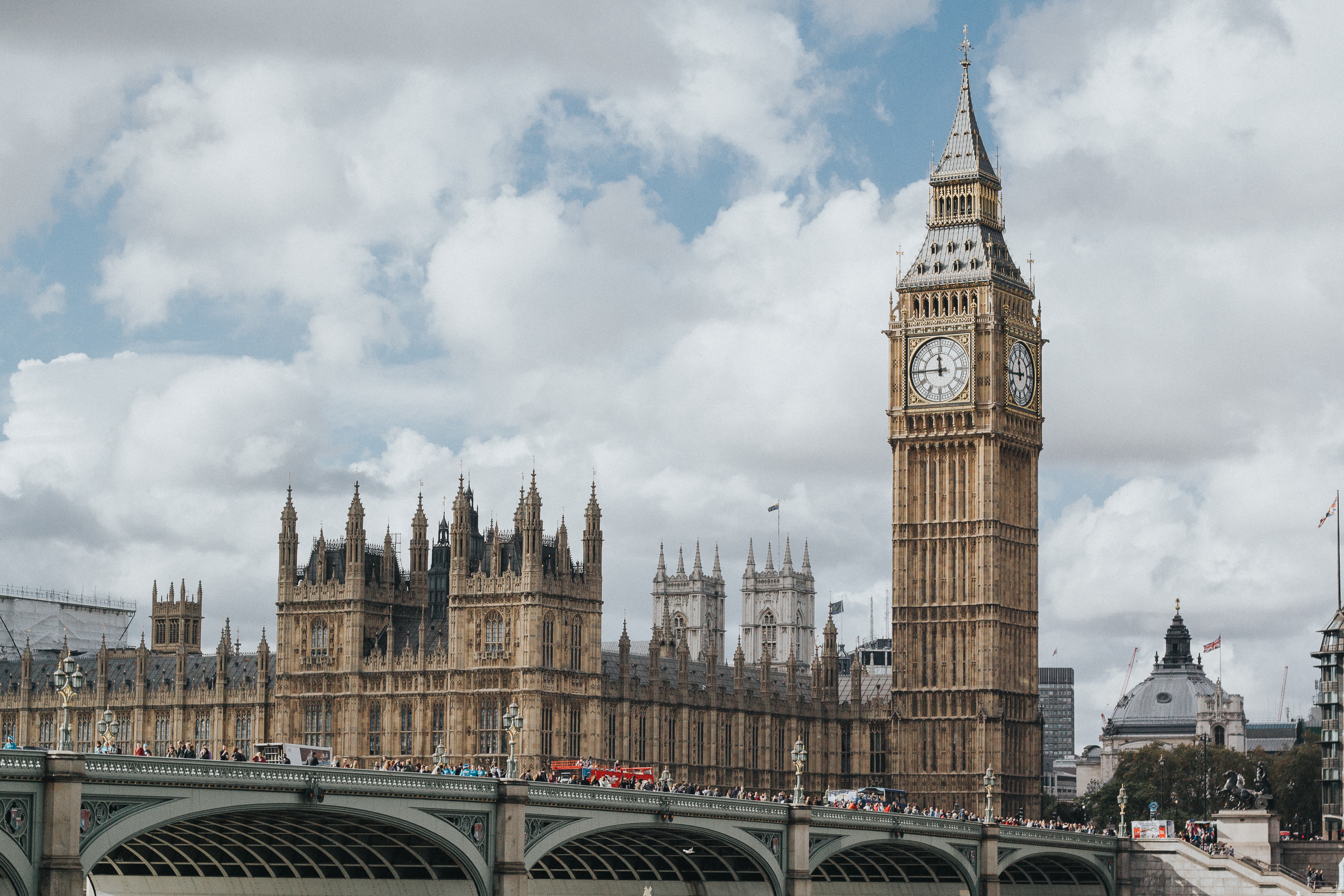BLOG: We need a Brexit answer – but we’re probably not going to get one
Date 14.01.2019
14.01.2019
Kate Ironside is a Senior Lecturer in Journalism at the University of Northampton and a former political journalist. She spent 13 years at Westminster, working for Central Press, the Daily Express and BBC Westminster and, for 17 years, wrote a weekly award-winning column on the European Union for the Western Morning News. She sits on the executive board of the Broadcast Journalism Training Council and has written Reporting Power, the official BJTC textbook on public affairs.
Destruction is always much easier than construction. MPs are very clear about what they are willing to vote against. The pressing question is what it is they are prepared to vote for when they conclude this phase of their protracted Brexit debate tomorrow (Tuesday).
If the respective leaderships of the two main political parties were in control of their MPs, we would have an answer. But they are not and so we don’t.
It is not unusual to see a minority government buffeted by events, uncertain of its ability to get its business through Parliament. But the current crisis over Brexit goes far deeper than the normal inadequacies of minority administrations. It is a perfect parliamentary storm created by three factors: the profundity of the issue at hand; our relationship with our European neighbours which has always cut across the traditional party divide; and the fact that we now have the unfortunate combination of both a lame duck government and a lame duck opposition.
Theresa May’s administration depends on a Conservative party riven by at least three factions on Europe which neither she nor the wider Conservative frontbench have proved able to unite. Jeremy Corbyn’s position is no less fraught. He is a Eurosceptic, elected by a pro-Remain youthful activist base to lead a pro-European parliamentary party which in turn represents many fervently Leave constituencies. To make matters worse, Corbyn’s personal path to Downing Street depends on him winning over voters in equally fervently Leave Conservative constituencies. In electoral terms, clarity on Europe is a lose-lose position for Labour.
Because the Conservative frontbench cannot control its own MPs and because Labour cannot risk the clarity of a firm policy position, we have a vacuum of leadership on Brexit.
Into that vacuum has poured a plethora of political factions, led by high calibre and experienced backbench MPs. It is they who are driving the debate in Westminster, not the frontbenches. Whilst refreshing to those jaundiced by the rigid party whipping system of the past, the net result is political incoherence on the most important policy decision this country has taken for decades.
As things stand this morning (Monday), there still appears to be no parliamentary majority in the House of Commons for any of the following Brexit options:
A no deal Brexit
The Prime Minister’s transitional Brexit deal
A Norway-style deal
A Canada-style deal
A second Brexit referendum
A General Election.
The dilemma the House of Commons must resolve by tomorrow evening – outside the normal disciplines of party whipping – is what on earth it is that a majority of MPs are actually willing to support in the division lobbies. Business needs to know the answer. We all need to know the answer. But it’s probable we won’t get one.